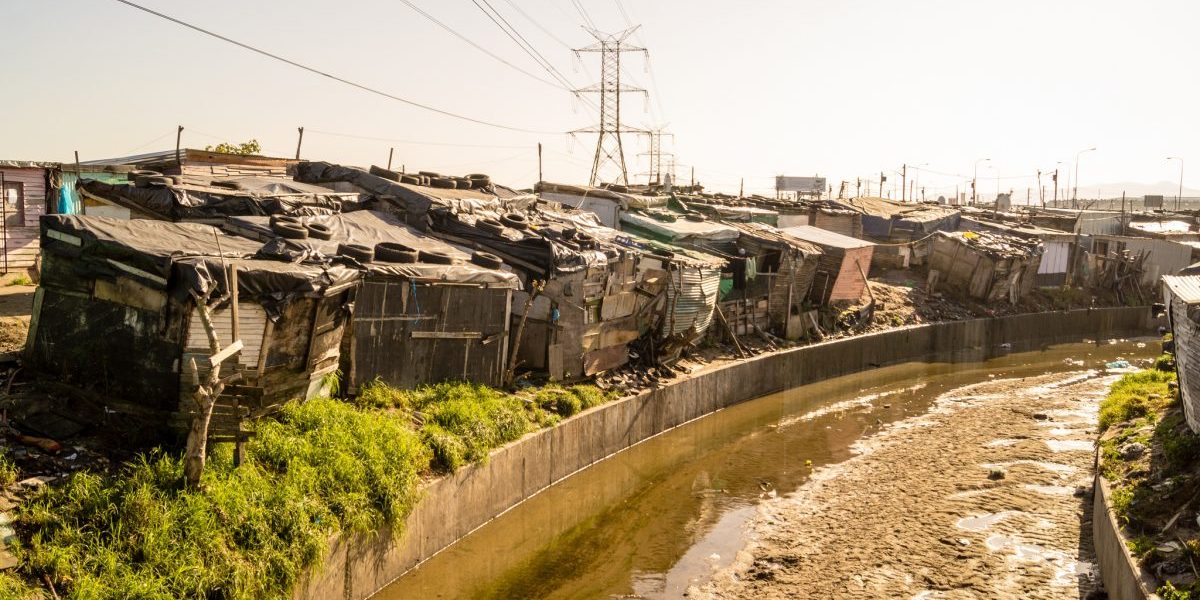World Bank Doing Business in 2004: ‘Heavier regulation is generally associated with more inefficiency in public institutions – longer delays and higher costs – and more unemployed people, corruption, less productivity and investment, but not with better quality of private or public goods. The countries that regulate the most – poor countries – have the least enforcement capacity and the fewest checks and balances in government to ensure that regulatory discretion is not used to abuse businesses and extract bribes.… Clearly defined and well-protected property rights enhance prosperity. Rich countries regulate business in a consistent manner. Poor countries do not.’
World Economic Forum Global Competitiveness Report 2004: Quality of public institutions, the macroeconomic environment and technology are the key ingredients of national competitiveness.
UNIDO Foreign Direct Investor Perceptions in Sub-Saharan Africa 2003: ‘Political stability and economic stability were the most important factors to foreign investors in their country evaluation. These were followed by five other important considerations: country legal framework, investment-climate transparency, quality of infrastructure, low labour costs and skilled labour availability.’
African Elite Perspectives survey 2003: Elites in seven African countries were asked to rank the top obstacles to Africa. All included political instability and corruption among their top three obstacles. Zimbabwe, the one exception, put political instability, poverty and debt as the top issues.








